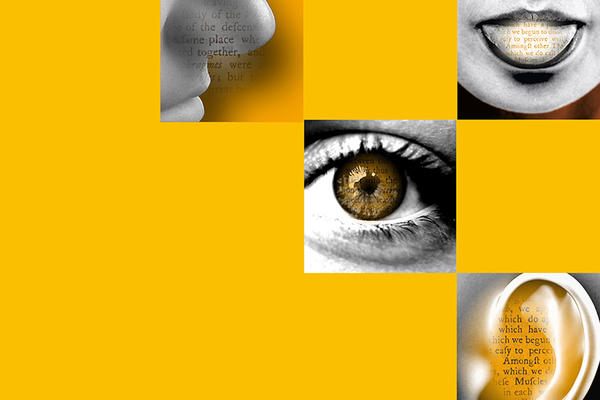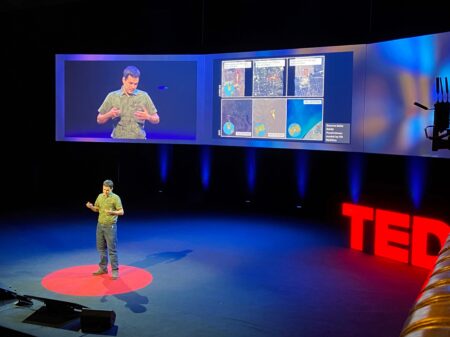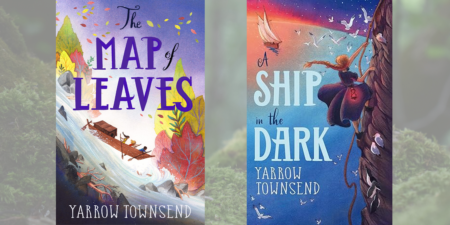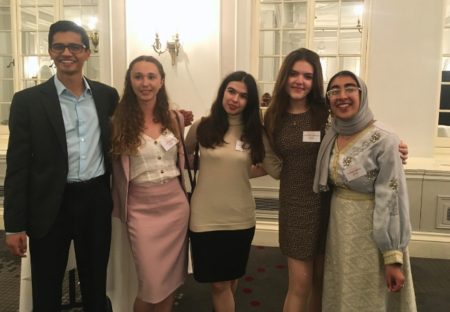Exhibition running: 27 May – 4 December 2022
How do books communicate with the senses beyond sight? How might the smell, taste, touch, or sound of books be part of their meaning and pleasure? What is the history of sensory interactions with books, from kissing medieval Books of Hours to scratch-and-sniff technology? Kate Rudy, Professor of Art History at St Andrews University, and I set out to answer these questions in our current exhibition at the Weston Library. Each case sets out to explore a sense, including the most recent – proprioception (the way we know how much force to use when, for example, turning a page) – with a range of works from early manuscripts or examples from the first years of print, up to conceptual pieces by modern artists. Ben Denzer’s American Cheese, a book made of plastic-wrapped slices of yellow processed cheese, is one of the quirkier exhibits: we had to purchase a display fridge to put it on show.
What’s exciting to me about this exhibition is the variety of works we have included. There are great treasures – we’ve got Shakespeare’s First Folio in there, but open at an unusual point, with a clearly visible ring mark from the foot of a drinking glass on one of its priceless pages. That volume is juxtaposed with a beautiful artist’s book by Jenni Gray, with tiny individual volumes of all of Shakespeare’s plays connected into a ruff, stored in a wooden box referencing the Globe theatre. We’ve got some lovely medieval manuscripts, but they are less Christmas card-y than usual, showing instead wear and use, rather than clear and clean images. But we’ve also got a childhood book of mine, Jan Pienkowski’s pop-up book Haunted House, a set of paper sculptures that required such proprioceptive care in handling that it always made me nervous.

In addition, we commissioned some new work, particularly from sound artists who brought the voice of these books to life in unexpected ways. Some people like an exhibition to be an atmosphere of reverential hush, but ours has a soundtrack, of pages turning and book manufacture and more whimsical interpretations of what books might say if we could tune into their frequency. We have some flip books to handle, and a range of papers to rustle, and a slightly disappointing bacon cookbook with a scratch and sniff panel. And colleagues at the Institute for Digital Archaeology have extracted some book odours: the First Folio scent is surely a must for commercial release in its 400th anniversary year in 2023.
The exhibition has been great fun to curate, and it’s lovely to see it, after COVID delays, attesting to the physical power of books in our lives. And responses to it are revealing. Our first case compares the physical book with the Kindle, and we asked visitors to indicate whether they read electronic books instead of, or as well as, their material counterparts. It soon became clear that this was an outdated debate. More interesting was the rise of the audiobook. Currently audiobook sales are lower than eBooks, but they are increasing rapidly. Watch (or listen to) this space!



